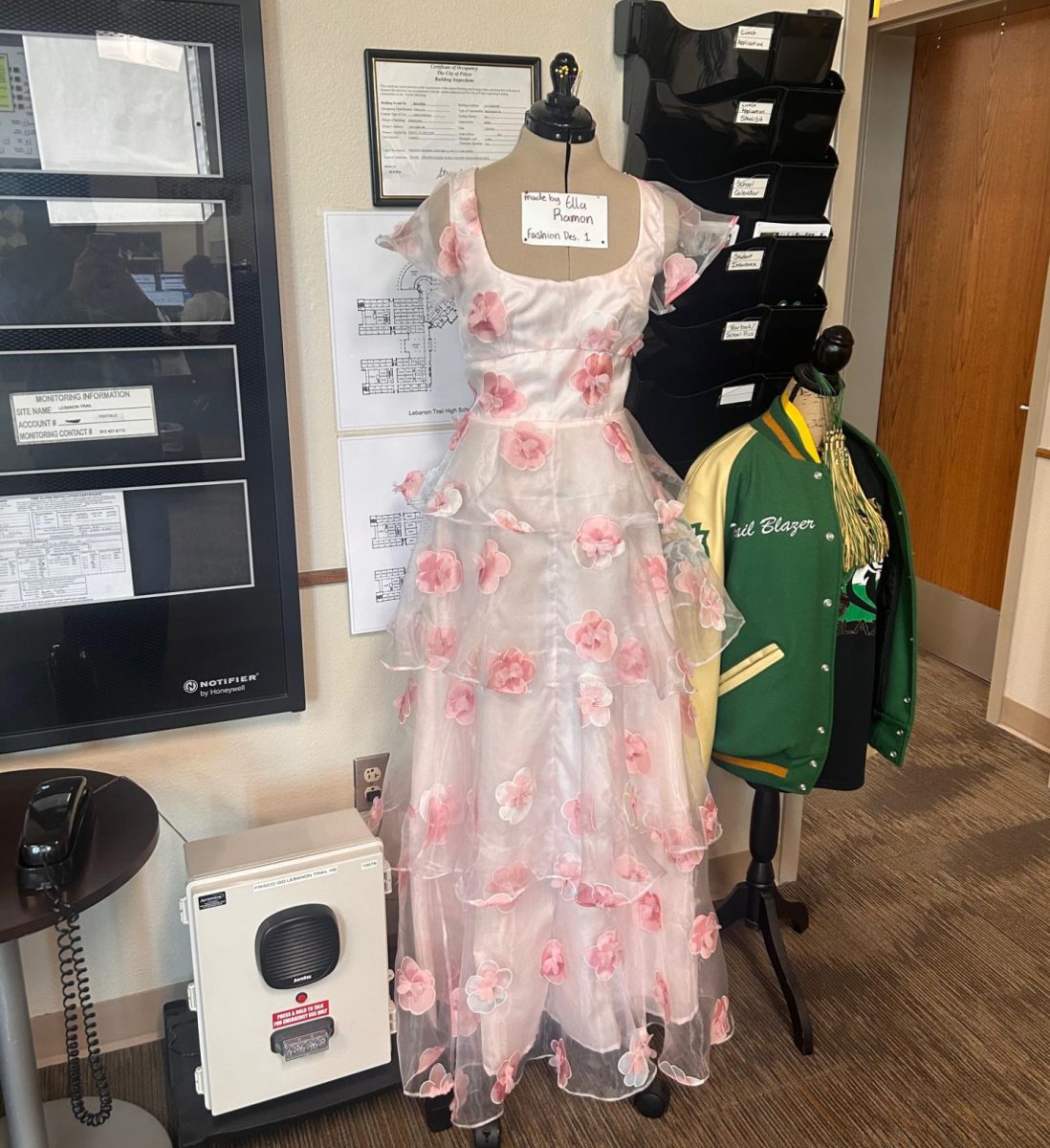
The East Asian Enterprise is broken down into different sections: Mangas drawn into Animes, Webtoons scrolled into Korean Dramas, but Manhuas? Manhuas flip-the-script in order to develop the classiest comics into full-blown live-actions, be it romance, action, or fantasy!
“First Frost” is a Chinese drama adaptation of a Manhua called “Eternal Love”. Prior to the release of “Eternal Love” came its prequel “Hidden Love”, which follows a blossoming romance between the female lead, Sang Zhi, and her older brother’s best friend, Duan Jiaxu.
The Manhua, “Hidden Love” soon followed the transition into its Chinese drama adaptation, which was released in 2023. However, I will not be reviewing the drama-adaptation itself, “First Frost”. Instead, I’m going to be reviewing the consistency between its Manhua “Eternal Love” to test if it is truly a recreation of the manhua with “script”. Without further ado, let’s begin… with some context.
Warning: Spoilers Ahead!
What is the Chinese drama “Hidden Love” about →
Sang Zhi’s one-sided love had been growing for years when she first met her older brother’s best friend, Duan Jiaxu. In the original Manhua, the Duan Jiaxu and Sang Zhi’s age difference was equivalent to 7 years; however, in the reworked drama adaptation, they made it out to be 5 years.
After misunderstandings and growing affection, Sang Zhi is forced to forfeit this “forbidden” love and say goodbye to her first love. Although Duan Jiaxu, only viewed her as his little sister, he starts to view her in a different light only after she becomes a grown adult and attends the same college which Jiaxu previously attended. He does continue to live and work in the city, where he coincidentally meets Sang Zhi, who he hasn’t seen in years; their romance slowly develops from there and they begin to hit-it-off, with a new problem arising.
From being an unofficial son in the “Sang” family and Sang Zhi’s trusted guardian, that trust quickly evaporated when he became something more. Though it doesn’t take long for the family to be convinced, the drama is about how Sang Zhi and Duan Jiaxu navigate these challenges with mutual feelings and a journey of healing side-by-side.
Introducing the sequel Manhua, “Eternal Love” →

Eternal love is a sequel to the first series, following a different set of people: Sang Yan, as you may have guessed, Sang Zhi’s older brother and his highschool “sweetheart”. Well,not exactly sweethearts, since hearts were broken.
The story follows the female lead, Wen Yifan, who’s just about given up on what seems to be herself, her family, her challenging financial situation, and her eventful and catastrophic life. She seems to be just barely holding on, concealing emotions even in the comforts of her friends. That is, until she meets her first-love, at his own bar; someone who she rejected and hurt back in high school.
These two now play a game of hide (no seek), wanting nothing more than to avoid each other and keep their past locked away. Though they argue and bicker like there’s no end, they find themselves in each other’s company more often than they think. That is to say, unwanted company is also company when you’re sharing an apartment…
And now, a review on the consistency between the transition of manhua to drama →
Casting:

First off, the casting was completely different from the prequel “Hidden Love’s” casting– a lot of fan anticipation went towards the up-and-coming Victor Ma, who had originally played Sang Zhi’s older brother, Sang Yan. Fans were excited to see him in the new drama, only to be hit in the face with a completely new cast. Bai Jing Ting who is a well-renowned Chinese Actor, took up the role and fans quickly accepted the change. The other casting had changed too, such as Sang Zhi and Duan Jiaxu, even though they barely appeared in the show.

However, the casting did take away my attention from the Prequel’s couple and shifted my focus to the side-turned-main characters. The anticipation I had after hearing well-renowned Chinese Actress, Zhang Ruonan was going to take up the role of Wen Yifan, had me in a daze; my expectations had skyrocketed to a point of no-return. That being said, the casting for the show was marvelous and represented the diverse personalities and looks which the characters exhibited in the Manhua! 10/10
Family Struggles:
I didn’t expect the family struggles to be this exaggerated in the drama, but I like the build-up more-so here because it makes Yifan’s self-dependence all the more honorable; especially when she’s broken to the point of giving up, but she picks herself up every single time without third-party reassurance– even without the main lead. I really liked that it showed her internal struggles to accept that she was worth providing for, but also recognizing that it wasn’t her fault she feels this way after being raised in a toxic environment (TW: Child Abuse).
Yifan’s internal battles have no effect on her external appearances: while she looks “okay” to everyone, in reality, she’s having a mental breakdown. I was frustrated a few episodes in, when she decides that communication was a waste of time because then she is unpacking her load on people who she cares about; I understand that but, the reason why she’s having these many problems in the first place is because she doesn’t communicate. The lack-of-communication is dragged on as a part of her personality, which is similar to the manhua in that way, and at one point, she does finally combust. But, holding in feelings for that long has caused her to enter a cycle of silence, and when it does finally come out, it’s all over the place and jumbled.
They also brought up her history of sleepwalking in the drama, which was also one of the arcs in the Manhua. Her severe state of mental-stress causes her to sleep-walk on the daily, which does at times, pose a problem to the people surrounding her. I liked the exaggeration of her family struggles in the drama because it makes it more realistic than the simplicity of the struggles which surfaced in the Manhua. However, I was taken aback by the lack-of-communication which delays the main plot: the ensuing romance which progressed rather more quickly in the Manhua. Therefore, this element earns a 7.9/10.
Plot:
The plot was solid- overall, it maintained a subtle theme of passion which matches the original plot. However, when people focus on the broader similarities between the plots in the drama and the Manhua, they miss the minor details which weren’t exactly reciprocated in the drama adaptation. Many points, even the fact that Yifan had developed a passion-for-dance in the drama, was a complete new storyline which was introduced in the drama.
In the Manhua, rather than seeing both of their individual passions and talents, we see more of their passion for each other. Throughout the drama, their passions never-aligned; the romance isn’t the main character of the story. Instead, it’s about how they develop this romance alongside the midst of all their other situations and still manage to pursue their “true passions”. Though I liked this interpretation from a more positive perspective, I didn’t quite understand why a romance-centered manhua was changed to discovering self-identity.
I wanted to see the delicate romance more than their individual struggles, because that’s how they introduced the couple in the manhua. But, it seems the main characters are instead relying on each other because of their individual struggles and just “happened” to develop the romance. That’s why, veering this far off-course from the original Manhua’s interpretation of their relationship was very inconsistent and made the show seem less correlated to its title of an “adaptation”. Thus, the plot in my personal opinion, was a solid 6.3/10.
Transitioning to Final Thoughts →
Sometimes, full-blown live actions might actually blow apart or spread far too wide; especially as seen in this mess of a genre-mix, the “First Frost” . What was seemingly a romance Manhua and a top 10 in my list of expectations for possibly the best Chinese Drama, was somewhat of a letdown to my romance-seeking self. But, maybe that’s the reason the Drama decided to flip-the-script and share a story of self-discovery instead of a typical Chinese Romance.














